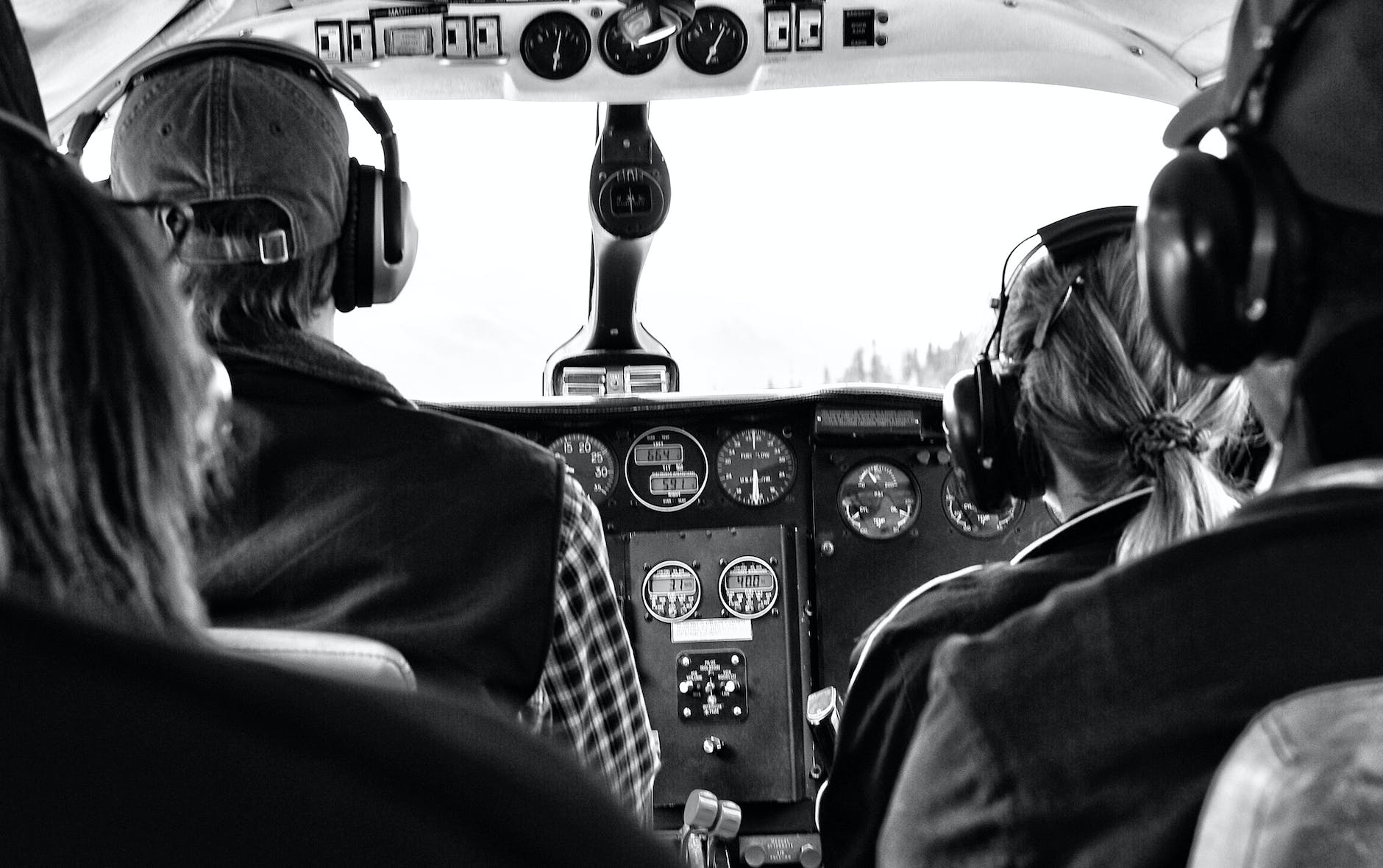
Aviation Safety Officer: Upholding Sky-High Safety Standards
Aviation safety officers play a pivotal role in ensuring the safety and security of aviation operations. Their expertise, vigilance, and commitment to adhering to stringent safety measures significantly contribute to maintaining the highest standards of safety within the aviation industry.
Roles and Responsibilities of an Aviation Safety Officer
Ensuring Compliance with Regulations
One of the primary responsibilities of an aviation safety officer revolves around ensuring strict compliance with aviation regulations set by national and international authorities. This involves a comprehensive understanding of legal frameworks and protocols governing aviation safety.
Conducting Safety Inspections
Aviation safety officers conduct meticulous safety inspections on aircraft, equipment, and facilities. These inspections encompass a wide range of checks, from routine maintenance evaluations to thorough assessments of safety protocols.
Risk Assessment and Mitigation
Identifying potential risks is a critical aspect of the role. Aviation safety officers employ rigorous risk assessment techniques to identify, evaluate, and mitigate any potential hazards that could compromise safety standards.
Incident Investigation and Reporting
In the unfortunate event of an incident or accident, aviation safety officers lead detailed investigations to ascertain the root cause. Their comprehensive reports aid in understanding the circumstances, implementing corrective actions, and preventing similar incidents in the future.
Qualifications and Skills Required
Educational Background
Becoming an aviation safety officer typically requires a background in aviation, engineering, or a related field. A degree coupled with specialized courses in aviation safety is often preferred.
Certifications and Training
Acquiring relevant certifications such as Certified Safety Professional (CSP) or Aviation Safety Officer Course (ASOC) enhances credibility. Continuous training and staying updated with industry standards are vital.
Critical Skills for the Role
Analytical skills, attention to detail, effective communication, and problem-solving abilities are imperative for success in this role.
The Importance of Aviation Safety Officers
Enhancing Safety Measures
Aviation safety officers play a pivotal role in improving and implementing robust safety measures, ensuring a secure aviation environment for all stakeholders.
Preventing Accidents and Incidents
Their proactive approach aids in identifying potential risks, mitigating them, and preventing accidents or incidents before they occur.
Ensuring Passenger and Crew Safety
The efforts of aviation safety officers directly contribute to the safety and well-being of passengers and crew, fostering trust and confidence in air travel.
Challenges Faced by Aviation Safety Officers
Evolving Technology and Safety Protocols
Keeping pace with rapidly evolving technology and adapting safety protocols accordingly poses a continual challenge for safety officers.
Adhering to Stringent Regulations
Compliance with stringent and constantly changing regulations demands a thorough understanding and vigilant adherence, adding complexity to their responsibilities.
Balancing Safety and Operational Demands
Striking a balance between maintaining high safety standards and meeting operational demands poses a constant challenge in the dynamic aviation industry.
Conclusion
The role of an aviation safety officer is indispensable in upholding and advancing safety standards within the aviation industry. Their dedication, expertise, and continuous commitment to safety ensure the skies remain secure for all.
Certified Safety Officer Course in Dubai
Certified Safety Officer Salary
Certified Safety Officer Course
FAQs
- What qualifications are needed to become an aviation safety officer? To become an aviation safety officer, a background in aviation, engineering, or a related field is typically required. A degree combined with specialized courses in aviation safety is often preferred. Additionally, certifications such as Certified Safety Professional (CSP) or completion of an Aviation Safety Officer Course (ASOC) can enhance credibility in this role.
- How do aviation safety officers contribute to passenger safety? Aviation safety officers play a crucial role in ensuring passenger safety by conducting meticulous safety inspections on aircraft, equipment, and facilities. Their proactive approach involves identifying potential risks, conducting risk assessments, and implementing robust safety measures to prevent accidents or incidents, thereby fostering a safe environment for passengers.
- What challenges do aviation safety officers commonly face? Aviation safety officers encounter challenges in keeping up with rapidly evolving technology and adapting safety protocols accordingly. Adhering to stringent and constantly changing regulations while balancing safety standards with operational demands poses continual challenges in this dynamic industry.
- What role does technology play in the future of aviation safety? Technology, especially the integration of Artificial Intelligence (AI) and advanced systems, is poised to revolutionize aviation safety. AI offers predictive analytics and real-time risk assessments, while continuous advancements in safety protocols and equipment contribute to enhancing overall safety measures.
- How important is continuous training for aviation safety officers? Continuous training and development initiatives are pivotal for aviation safety officers. Staying updated with industry standards, refining safety procedures, and enhancing skill sets through focused training programs ensure that officers remain equipped to handle evolving challenges and maintain the highest safety standards within the aviation industry.
























